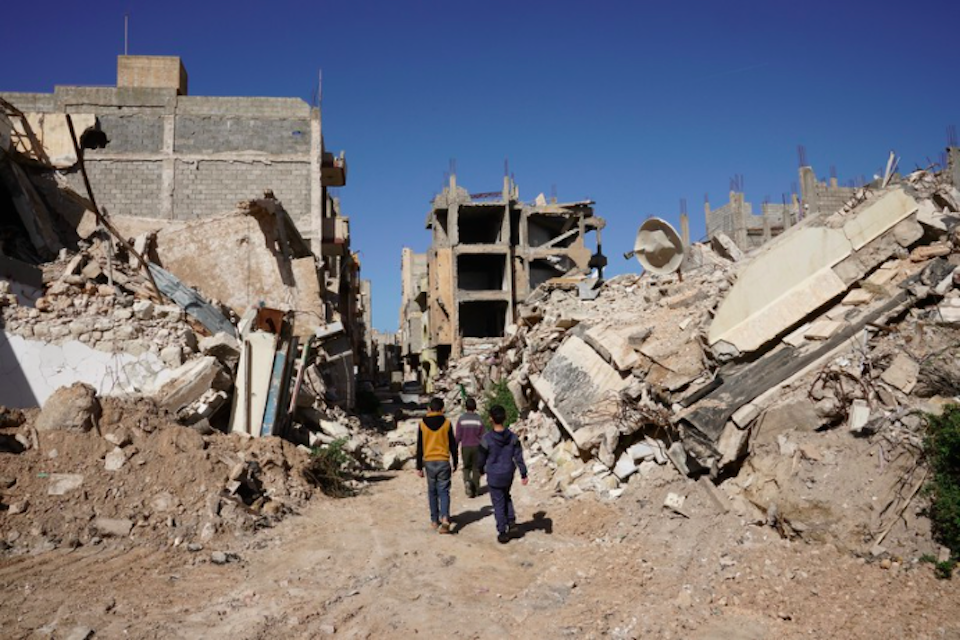Addressing the growing risks of famine and attacks on humanitarian personnel in conflict situations
Statement by Sonia Farrey, UK Political Coordinator at the UN, at the Security Council open debate on the protection of civilians in armed conflict

Thank you, Mr President, and thank you to all of our briefers.
I would like to make three main points today:
First, there is an urgent need to address the impacts of conflict on access to healthcare, particularly in the light of the current pandemic. Five years since the Council adopted resolution 2286, attacks on medical or humanitarian personnel are still being used as a method of warfare, in defiance of international humanitarian law. And civilians continue to suffer from the secondary impacts of conflict on access to healthcare.
In this regard, we are deeply concerned about the impact of the recent violence on the humanitarian situation in Gaza, including on health facilities and access to healthcare. Humanitarian workers should be able to operate safely in Gaza with access to vital medical supplies and equipment.
The United Kingdom strongly condemns the recent incidents in South Sudan: the brutal killing of Dr Louis Edward Saleh Ufew, a South Sudanese aid worker in Unity State in South Sudan, as well as the targeting of a clearly marked humanitarian convoy nearby, that included an ambulance. These are flagrant violations of international humanitarian law and Council resolutions such as 2286.
Hospitals continue to be attacked in Syria. In March, an attack on al-Atareb hospital killed seven patients just weeks after the UN had passed on its location coordinates. The United Kingdom condemns all such attacks unequivocally and we look forward to the findings of the Senior Advisory Panel on humanitarian de-confliction in Syria.
Second, Mr President, we cannot discuss protection of civilians without mentioning the current situation in Tigray. The UK’s Special Envoy for Famine Prevention and Humanitarian Affairs, Nick Dyer, visited Tigray last week. He found a growing risk of famine conditions emerging in part due to the conduct of hostilities. Reports of atrocities continue to emerge, including mass killings, endemic sexual violence and systematic destruction of basic services including hospitals.
Armed parties continue to routinely prevent the delivery of humanitarian assistance. Aid which is delivered is often being taken from those in need to feed soldiers. Agricultural production is being targeted. Imports of vital communications equipment are being delayed. This is not a matter of interfering in sovereign internal affairs, but about observing the binding obligations on all states under international humanitarian law.
Tigray is of course not the only context in which conflict is leading to a risk of famine. Millions of people in Yemen, North-East Nigeria and parts of South Sudan face the same risk. This Council, through UNSCR 2417, should receive swift reporting when the risk of conflict-induced famine occurs, so that it can take action.
This brings me to my third and final point.
Mr President, this Council has adopted resolutions calling for accountability for those who target healthcare, humanitarian workers and critical infrastructure, most recently under Vietnam’s Presidency. Such incidents should be brought systematically to our attention, with a greater emphasis on identifying the violators and how they are operating.
But we must then act on that reporting. The Council should use the tools at its disposal to ensure those responsible for such attacks are held to account, including through strengthening our use of sanctions.
We cannot shirk this vital responsibility.
Thank you, Mr President.